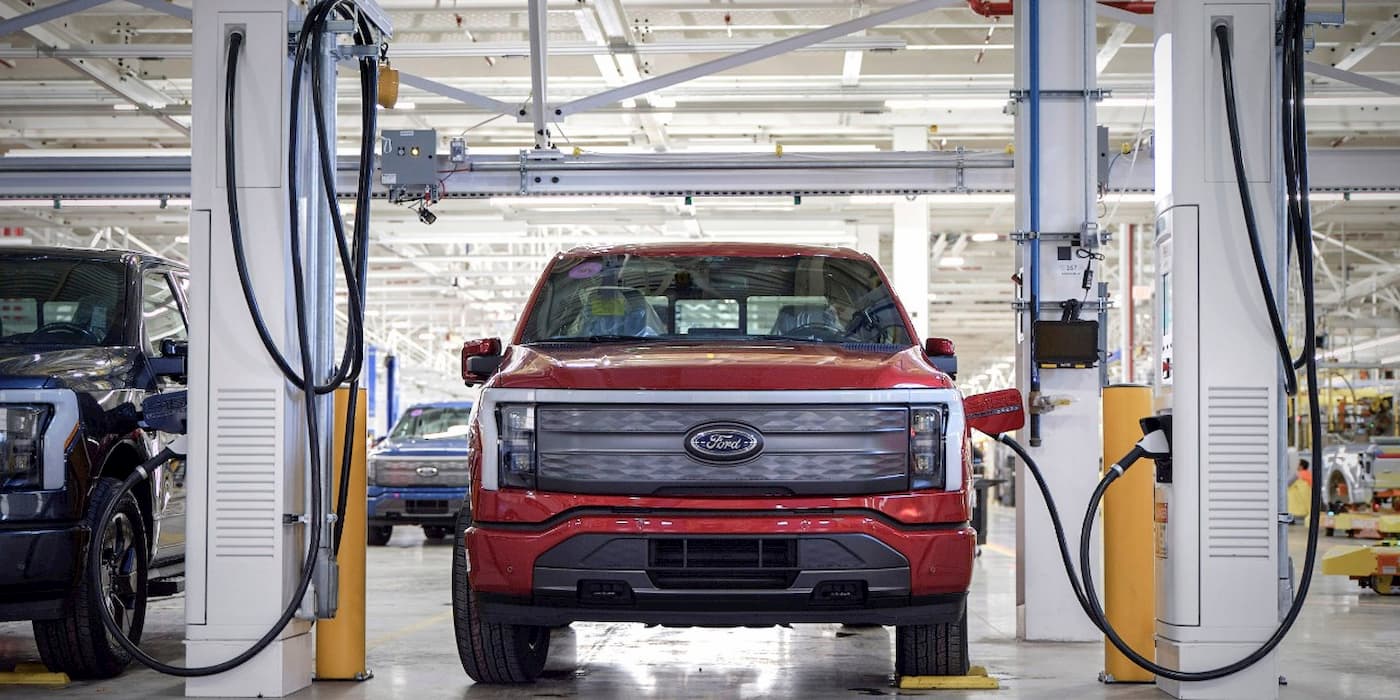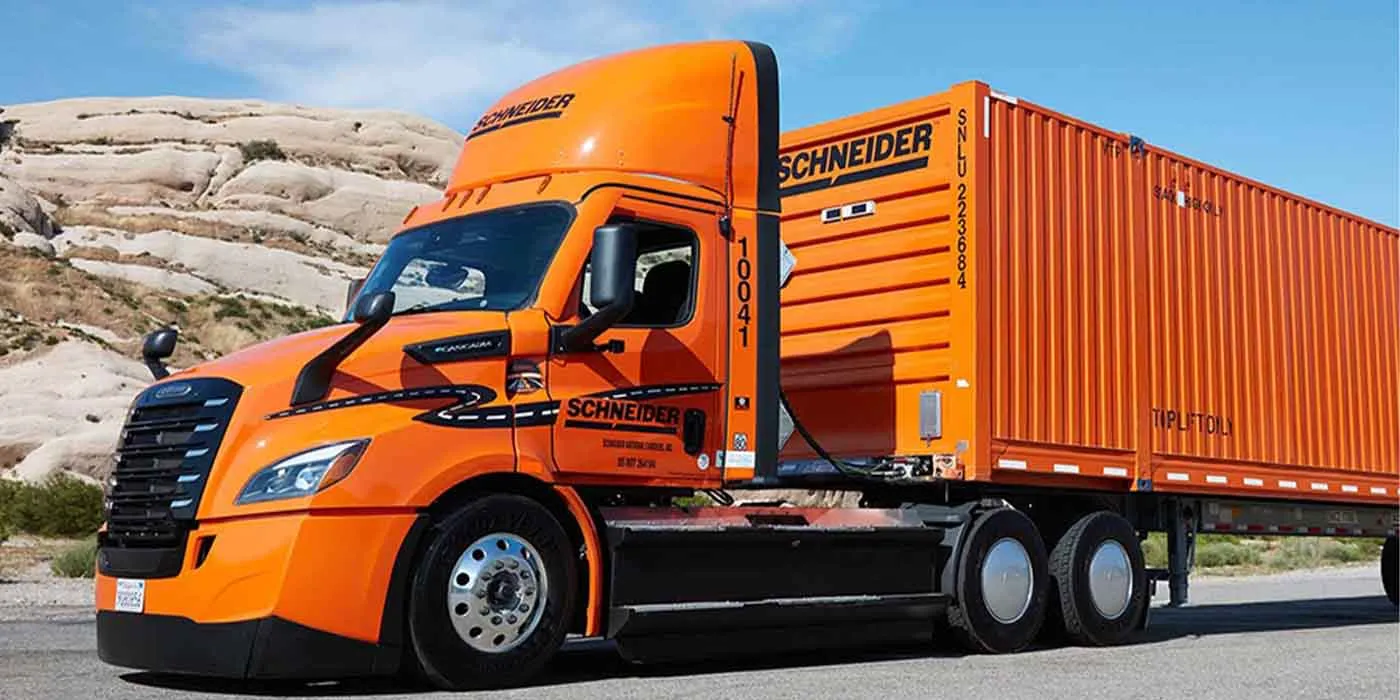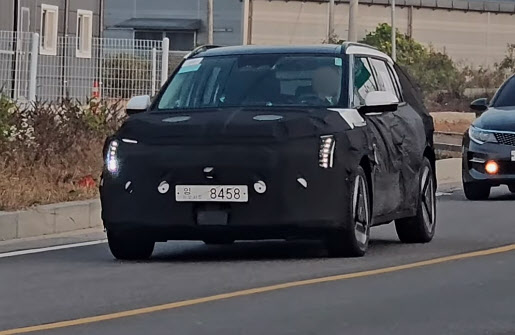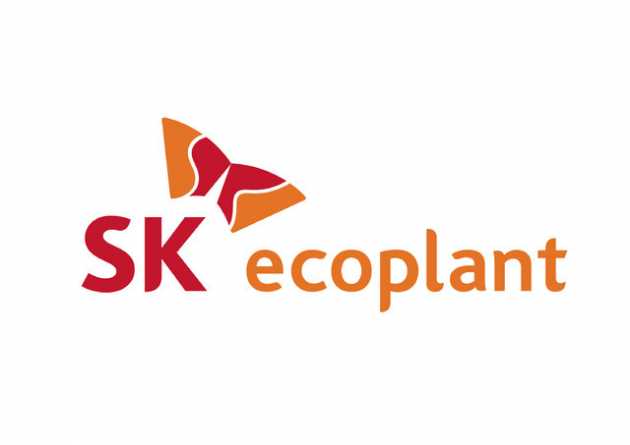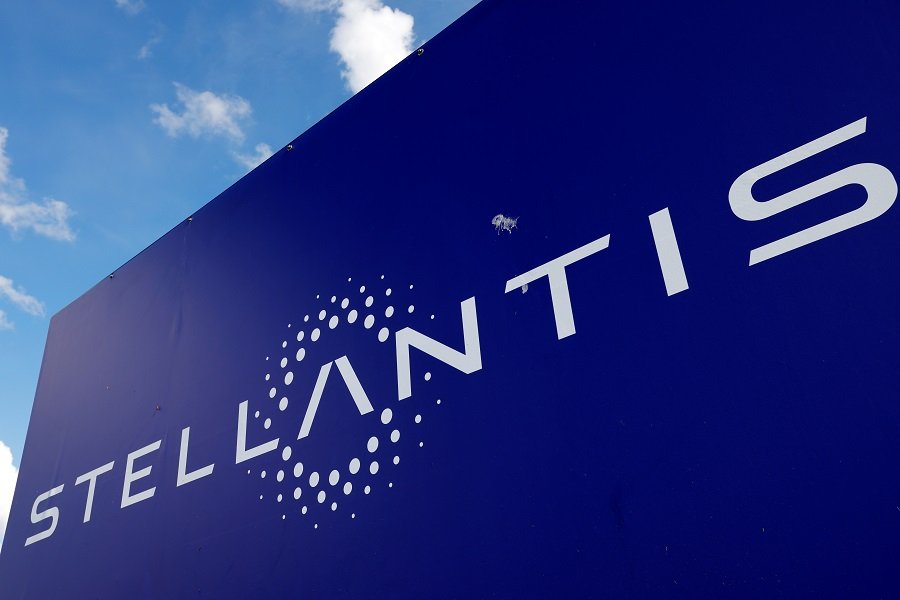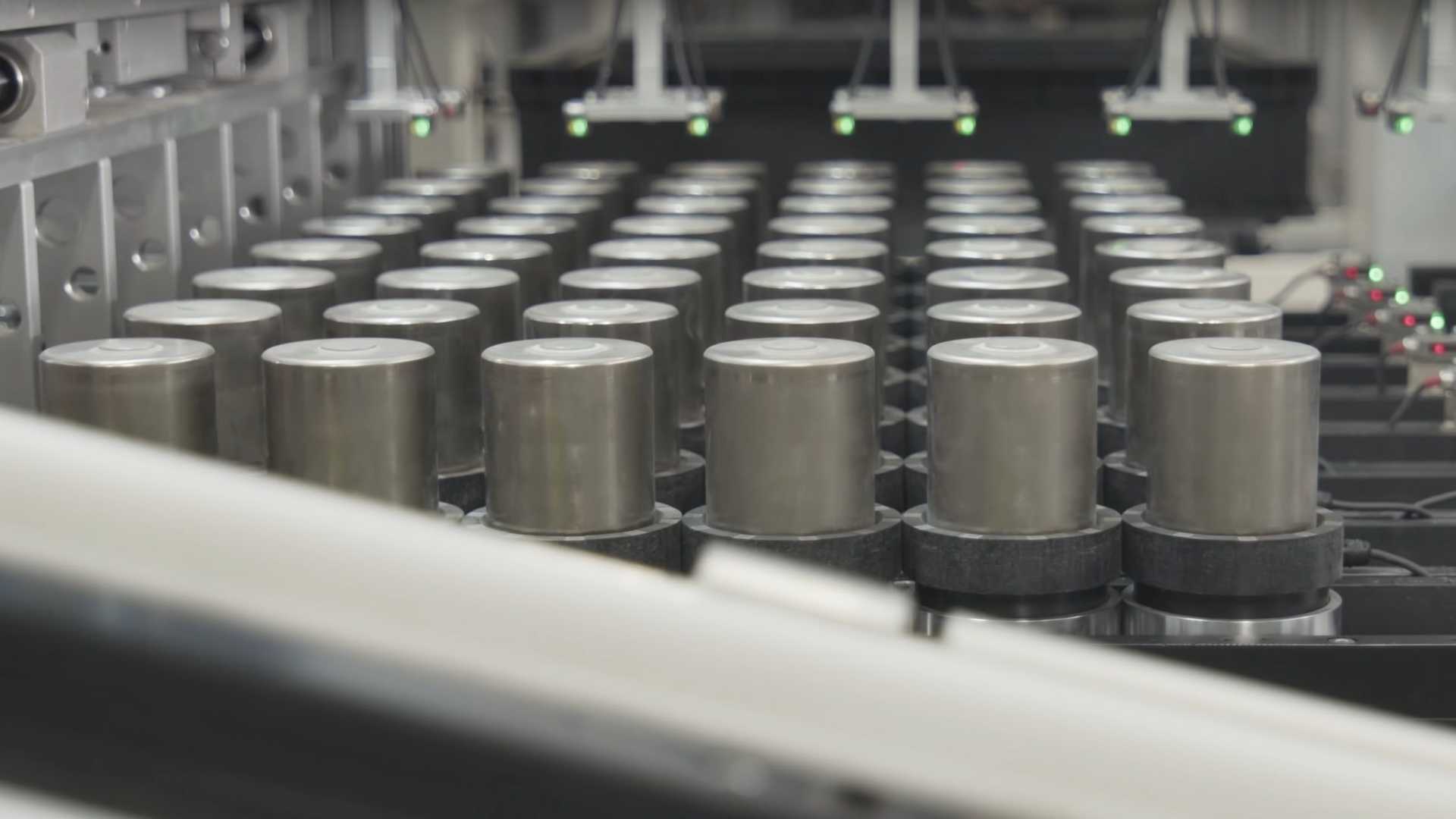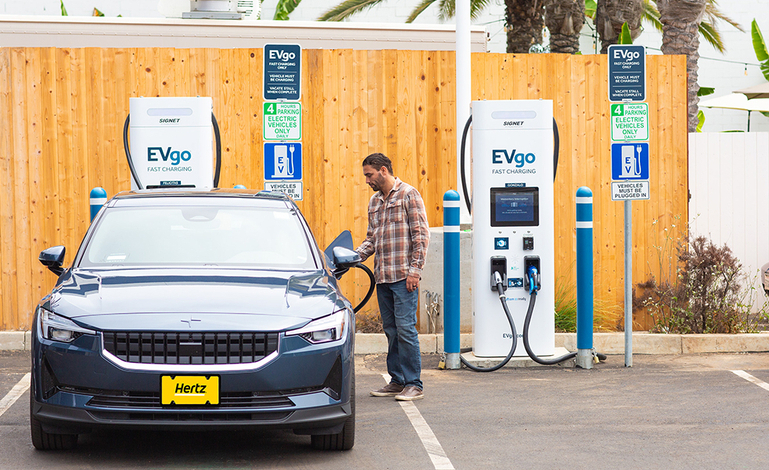In response to a legal setback in Illinois, Ford is implementing changes to its electric vehicle (EV) dealer program, easing certain requirements such as reducing the mandatory number of chargers and cutting training costs for participating dealers.
The Illinois state motor vehicle board recently ruled in favor of Ford dealers in the state, stating that Ford had violated state franchise laws with its EV program’s stringent requirements, particularly related to charging infrastructure.
Ford, which had given dealers the option to either join its “epic journey of sustainable expansion” or wait until 2027, is now revising some of the program’s restrictions. The adjustments are part of Ford’s ongoing efforts to adapt its overall EV strategy to market dynamics and incorporate feedback from its dealers.
According to Automotive News, the changes include reducing the number of Level 2 (L2) chargers required for “Certified Elite” dealers from five to three. Additionally, the obligation to install a Level 3 charger by 2026 has been eliminated for these dealers. Dealers in the lower “Certified” tier will now need to install two L2 chargers instead of five, with the deadline for installation extended by six months to June 30, 2024.
In a significant move, Ford is cutting dealer training costs by approximately half, amounting to up to $20,000. This adjustment comes after the state board claimed that Ford had wrongly altered its distribution model.
Ford, however, intends to appeal the decision. A company spokesperson emphasized that Ford remains committed to its voluntary Model e EV program, designed to enhance the EV customer experience in Illinois.
While the victory in Illinois marks a positive turn for Ford, the company has faced mixed outcomes nationwide. A New York judge recently blocked Ford’s requirements at five dealerships pending the resolution of a lawsuit, while a judge in South Dakota ruled that the program does not violate the state’s franchise laws.
Ford’s CEO, Jim Farley, noted that around two-thirds of dealers had joined the initial Model e EV dealer program in December. Nevertheless, not all dealers have been satisfied with the transition. In January, Ford announced plans to ease certain restrictions, including public charging and the annual selling cap of 25 EVs for dealers in the lower tier. Lincoln, a subsidiary of Ford, is also making adjustments to its program to provide more flexibility.
The recent modifications by Ford also permit dealers to opt out of or change tiers, resulting in 53 dealers leaving the higher tier while 24 joined the lower tier, according to the report.

